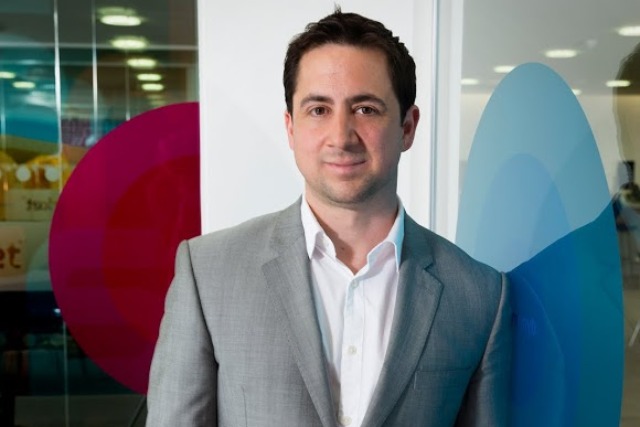It would be wrong to call his exit a shock – aged 53 and 15 years into the role under five chief executives, Hayes has certainly served his time – but it has probably come two years sooner than he planned.
Financially, these are challenging times for News UK. The Sun, in particular, is battling huge falls in ad revenue. Retailers and telcos have pulled away from print ads (for a myriad of reasons), resulting in double-digit declines.
In such a climate, having a commercial director (Dominic Carter) and a commercial managing director – you know, just like ITV – can seem like a luxury. Which job title Carter will assume going forward is still being debated internally, but what is abundantly clear is that he'll be busy.
Amid the ongoing transition within the company, and the industry at large, Carter will now have to navigate his own path without the presence of Hayes, who has always been one of his biggest champions.
Throughout his tenure, Hayes has been one of the undisputed grown-ups in publishing; hard-nosed and firm. Very much a company man, his influence had been felt during all of the group’s big moments.
So, at the , Hayes had been furious when a joke he’d made at a Haymarket event about being "in the shit" if it didn’t succeed – as the man behind the business plan – .
'These are challenging times for News UK. The Sun, in particular, is battling huge falls in ad revenue'
Apparently, his remark had caught the attention of News Corp’s founder, Rupert Murdoch, who considered it to be unnecessary and, more worryingly, a potential noose around the neck of one of his favourite commercial leaders.
Murdoch was not alone in valuing Hayes’ weighty presence. He has been a sheet anchor for News UK during an unprecedented tide of change. Hayes helped the publisher overturn 218 years of tradition when The Times became tabloid-sized in 2003 and, more recently, aligned the brand’s tablet edition to the ratecards of the newspaper.
In the autumn of 2011, after a summer when News of the World closed, Murdoch’s hopes of News Corp buying Sky imploded and the publisher’s famous Wapping site went up for sale, it was Hayes who led from the front. He had set the tone of the response to advertisers and agencies.
He put into place an internal plan called to steady the ship. It would have been easy for the toxicity of hacking to spread into the minds of advertisers and impact The Sun. As I recall, far from being negatively impacted, ad revenue actually increased in the immediate six months that followed.
Such commercial resilience is not something you’ll ever hear News UK shouting about, for obvious reasons, but agency press leaders at the time were in no doubt about the vital role Hayes’ team had played in reassuring advertisers.
In terms of what Hayes does next, there's plenty for the business leader to consider. News UK has undoubtedly been good to him, and with two daughters nearing independence, he might not feel the need to embark upon a major second act.
That said, press insiders have been quick to point to the chief revenue officer role that DMG Media has been trying to fill since last autumn. Chief executive, Kevin Beatty, is known to have talked with several senior figures about the position, including some big hitting agency leaders as well as internal candidates. But the recruitment process remains live.
Outside of publishing, Hayes might yet be tempted to use his 30 years of commercial media and leadership experience to tap into the growing appetite for non executive grey hairs throughout the business world.
Any criticism of Hayes tends to focus on him being too internally focused, an accusation that lies heavy on many heads at News UK. While rivals such as The Guardian and the Mirror pursue "open" web strategies and talk enthusiastically about collaboration, it will take time for the Wapping bunker mentality to fully lift from Murdoch’s men now toiling away behind paywalls in the Baby Shard.
We should expect Carter to present his case soon enough.



